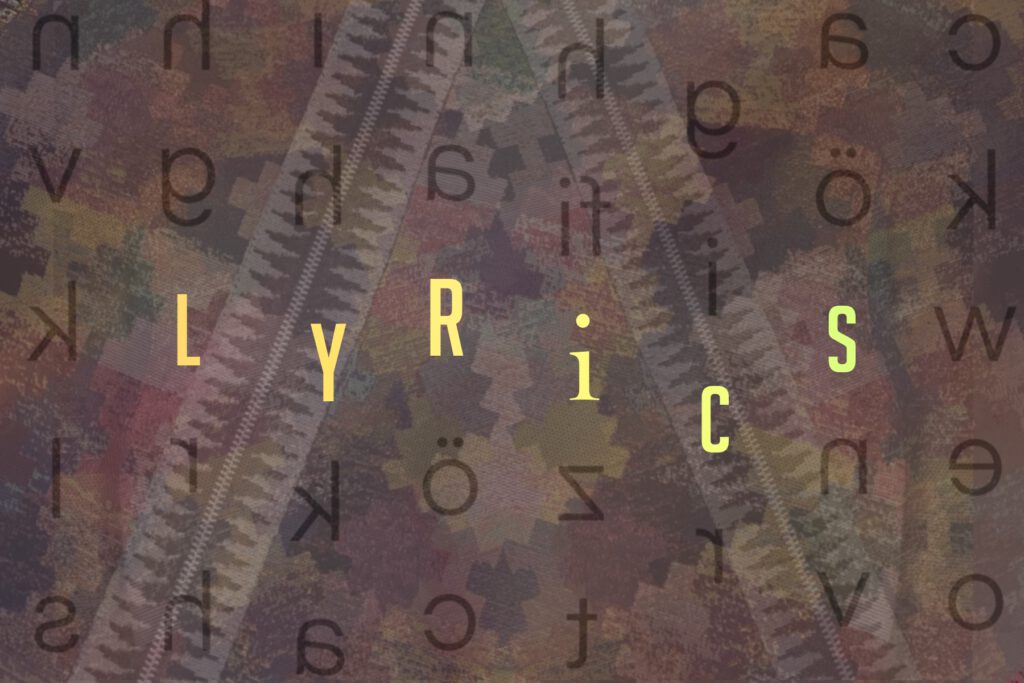A lot of composing for singers always revolves around lyrics. I write most of my lyrics in English because of the international comprehensibility and the simple fact that the language feels good to be sung.
But it is not my native language and as soon as I sit in front of the blank sheet of paper, I often find it hard to find a beginning. The fear of lacking authenticity is always there subconsciously, which is why I always have texts proofread by native speakers.
I love the German language, I have always read a lot and written in German. I especially love its complexity and imagery, which is unfortunately difficult to translate into English. As soon as I get too poetic in German, the sentences don’t translate well into English.
I released two songs last year whose (English) lyrics strangely enough just fell into my lap. The message is simple but unmistakable, exhilarating and relies on simple metaphors.
I could extremely relate to a few thoughts Jacob Collier expressed regarding songwriting. Don’t try to reinvent the wheel, start with simple phrases, don’t always set the starting point of the narrative perspective with yourself but juxtapose two people/things/places…. Here you can get your own impression of his thoughts:
https://www.instagram.com/p/CaNbPG5AUY5/
My method has now proved particularly helpful a few times when it came to developing new lyrics.
Through the association sessions, the paintings allowed me to encounter new topics to which I might not have devoted myself without the visual impulse.
In addition, a sung melody emerges more intuitively and precisely through the medium of words than through compulsively rhythmicized vowels.
So it is also of great benefit to my improvisations.
In summary, even if no direct musical impulse follows the visualization, I see a clear support in the creation of new lyrics and an improvement in the writing flow.


